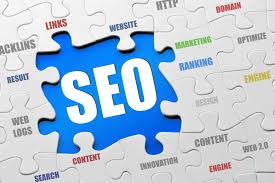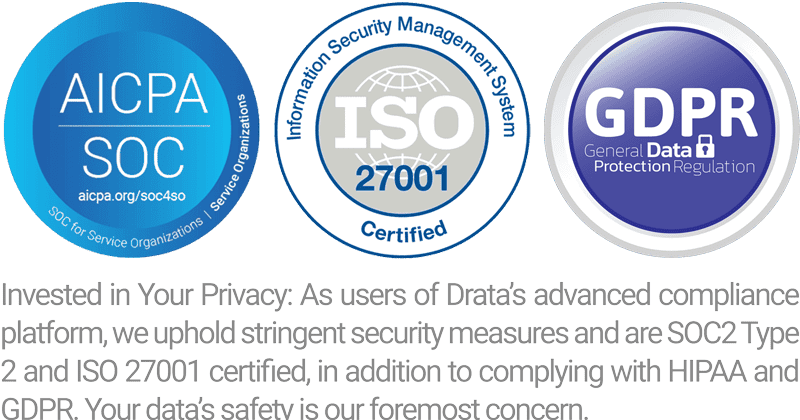Marketing Automation and the Latest Google Update
 The latest Google update change, Hummingbird, rocked the search engine world this week. What’s most interesting about this update is that most SEO experts didn’t even see it coming. The algorithm has actually been in effect for over a month, and is Google’s largest update in years.
The latest Google update change, Hummingbird, rocked the search engine world this week. What’s most interesting about this update is that most SEO experts didn’t even see it coming. The algorithm has actually been in effect for over a month, and is Google’s largest update in years.
Small businesses are particularly nervous about the change. The Panda and Penguin programs Google rolled out in the last few years significantly damaged rankings for many businesses, literally causing small businesses to go under in some cases. This is particularly true for those that were relying on organic rankings to provide search engine traffic. If your business relies on help from the search engines to get new customers, you don’t necessarily have to worry-you just have to make sure your site is set up to provide more contextual engagement with your potential client base.
Working With the Hummingbird Update
The latest Google update ensures that not just a few keywords will rank a site – all of the keywords in a search query are important for determining search engine position. For instance, before this update someone could type in Train fares in Nova Scotia. Sites with good keyword ranking for Nova Scotia or train fares might show up, rather then search engine results that actually match with the user is looking for.
With this latest update, Google puts an emphasis on the user’s actual intent. Now, the user typing in train fares in Nova Scotia is more likely to actually get train fares rather than just general information that’s irrelevant to the query.
You can get a better idea of how your particular site is affected by checking your URL’s analytics and other metrics.
How does this affect your small business?
If your site is already rich in information and you have fairly streamlined advertising campaigns and an SEO plan, you shouldn’t necessarily worry about the latest Google update. What you should worry about is continuing to make sure that your advertising campaigns are in line with your SEO, and that the content you’re putting on your site is relevant to your users.
Marketing automation can help you here because it can allow you to identify what users are coming to your site based on keyword searches, and how to look at information about how those searches changed over the past month. Real time search results will allow you to determine your best marketing path moving forward. Once you know your results, you can change your SEO strategy to address what users are looking for, and discover how you can better get them to your site.
Plus, with the ability to flag particular users who visit your site via IP tracking, you can give your users a customized experience that other tools just can’t. To get an idea of how those customized tools can better your business, set up a consultation with an expert at Lead Liaison today!











